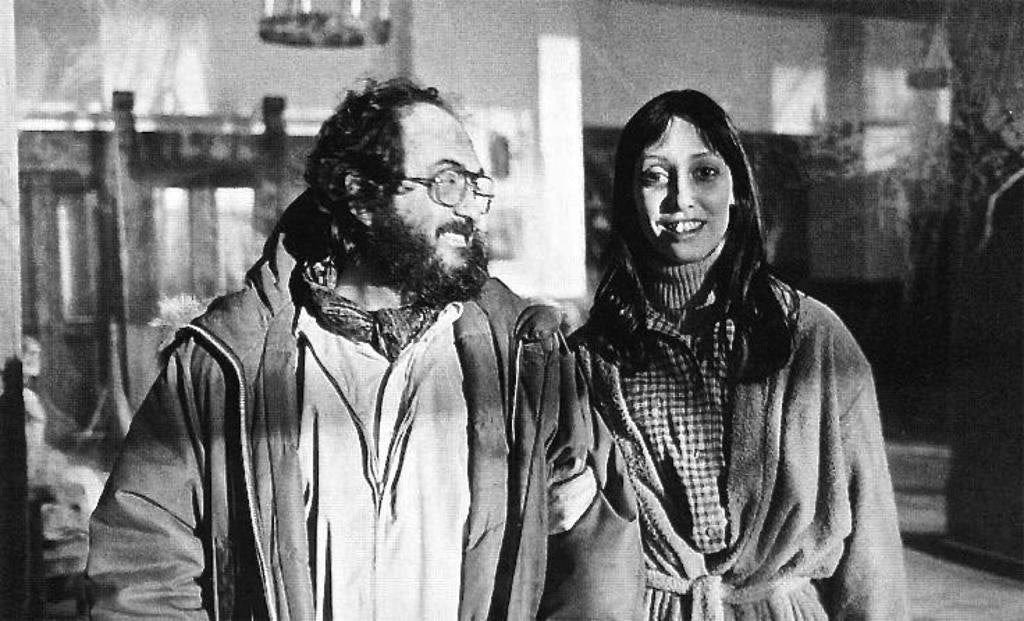To the Ingenious Artist's Innocent Muse
To Picasso's Gilot, Elvis's Priscilla, and every other girl wishing to be art itself
There's a young girl somewhere—everywhere—aching for love. And there's an old, ingenious artist ready to accept it.
Muse, he calls her. Their love will be echoed for centuries in art and literature. The law may be against this old man pursuing the sweet, innocent child, but age holds no significance in the face of love—unless the love is between an older woman and a handsome, little boy. It feels too perverse to even think of such love. But an old man's love for a little girl seems so pure, it is almost forgivable.
This love extends his arm to paint her virgin self stripped to its bare, beautiful skin. This love makes him settle down for a marriage with her, not without little affairs now and then, of course. But nothing comes close to his love for his darling Muse—the one that's perfect for him in his own sadistic way, the one that either moulds to his version of a perfect woman or challenges it just enough to make his love life enticing.
Insanity and death are close encounters of the Muse in this kind of love. The closer she gets to them, the purer their bond.
The ingenious artist, rock star, film god—a few months of affection from this man is worth getting into trouble for. His love is too rare—his lust he gives in abundance, but his love—too rare to be ignored.
So mould, Muse. Bend. Please him in his ways. Struggle in sex if it arouses him, sacrifice a little if it keeps him loyal. You may not get his attention for too long, but those few precious moments when he is faithful and kind—it's worth losing your life for.
So mould, Muse. Bend. Break if you must from the burden of his mighty love. One day, it'll take life in your memoir, long after his death and marriage with his new Muse, younger than you. But that permanence, that immortality of your love in art—it's worth your aches. It's worth your youth. It's worth your pride. It's worth your freedom. Give them all to him and see him make a beautiful sculpture of you, untouched by time, untouched by law, untouched by morals.
And then, see this sculpture worshiped by your daughter and her daughter who will pray to find love just like yours with a man just like their estranged father—a love so mighty that it doesn't kneel to ask for your hand. A love so mighty, it'll consume you whole. A love so mighty, it distances itself when it feels humbled by you. A love so mighty, that your name isn’t worthy to refer to you, and you will be forever known as His Muse.
The world of art—whatever form it takes—glorifies the tales of love and abuse between the old, ingenious artist and his young, innocent muse: Picasso and Gilot. Elvis and Priscilla. Tarantino and Thurman. Kubrick and Duvall.
An ingenious mind incapable of human decency holds no ingenuity. A great artist incapable of humane love could never really attain greatness.
Art can never justify abuse. Genius could never excuse immorality.
Dear Muse, bearing his love does not make you special. Bearing his abuse does not make you strong. Your silence doesn’t indicate your classiness. Your acceptance doesn’t show your forwardness.
Muse, without you, the artist is nothing. But without him, you are everything you would’ve lost—your youth, your dignity, your dreams, your sanity. Without the artist, dear Muse, you are you. Without the artist, dear Muse, you are free.
Share the message to an aspiring muse
Subscribe to The Feminist Gaze






